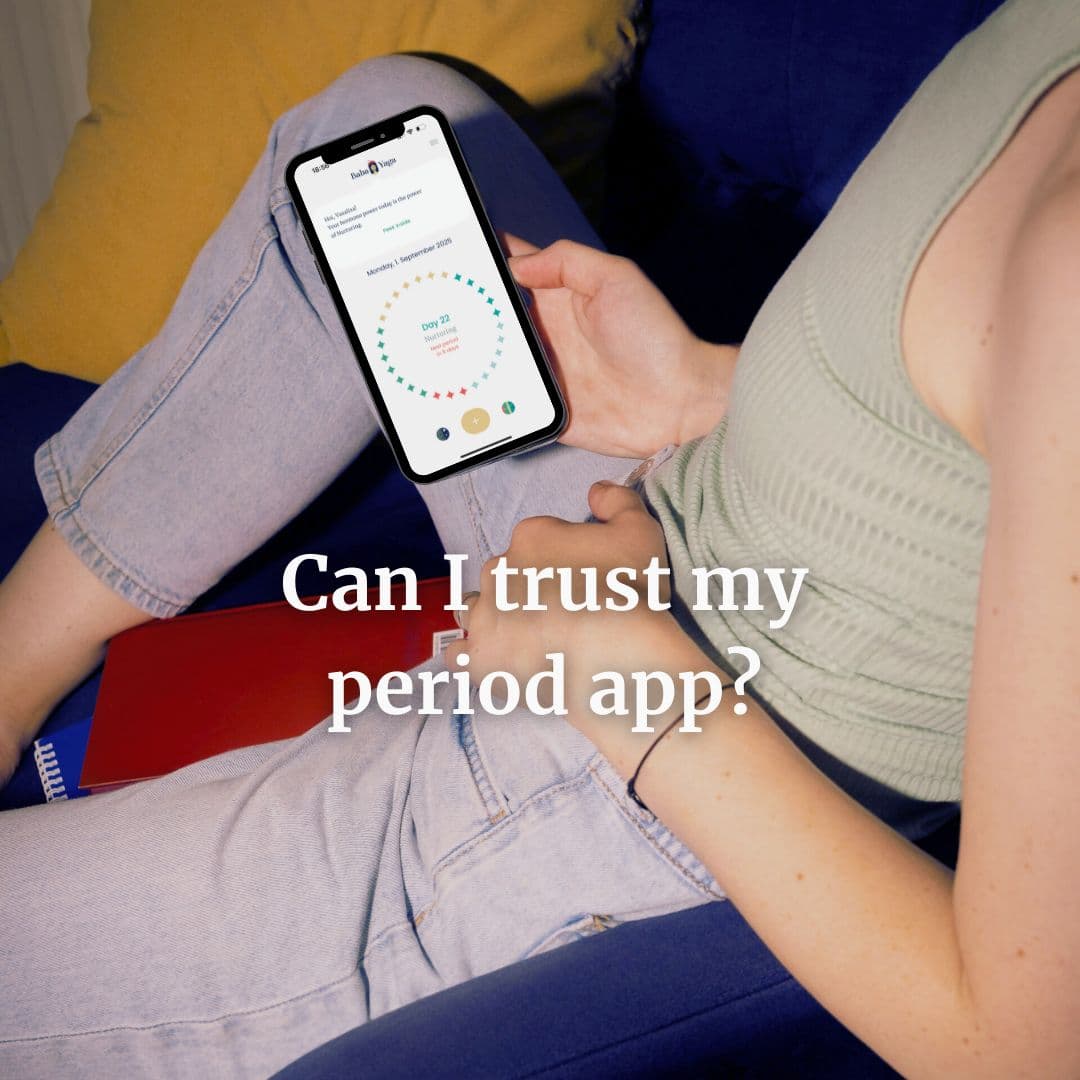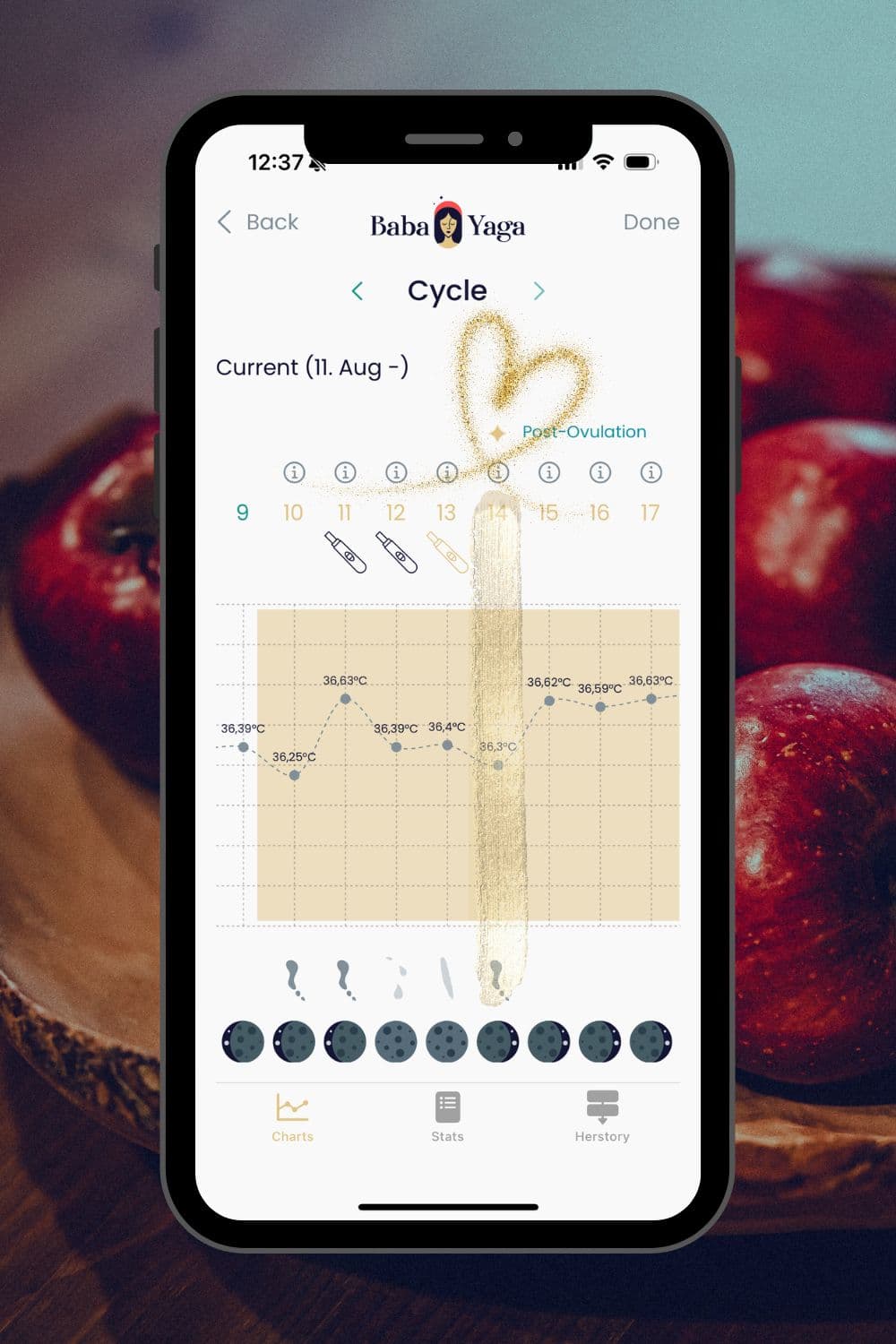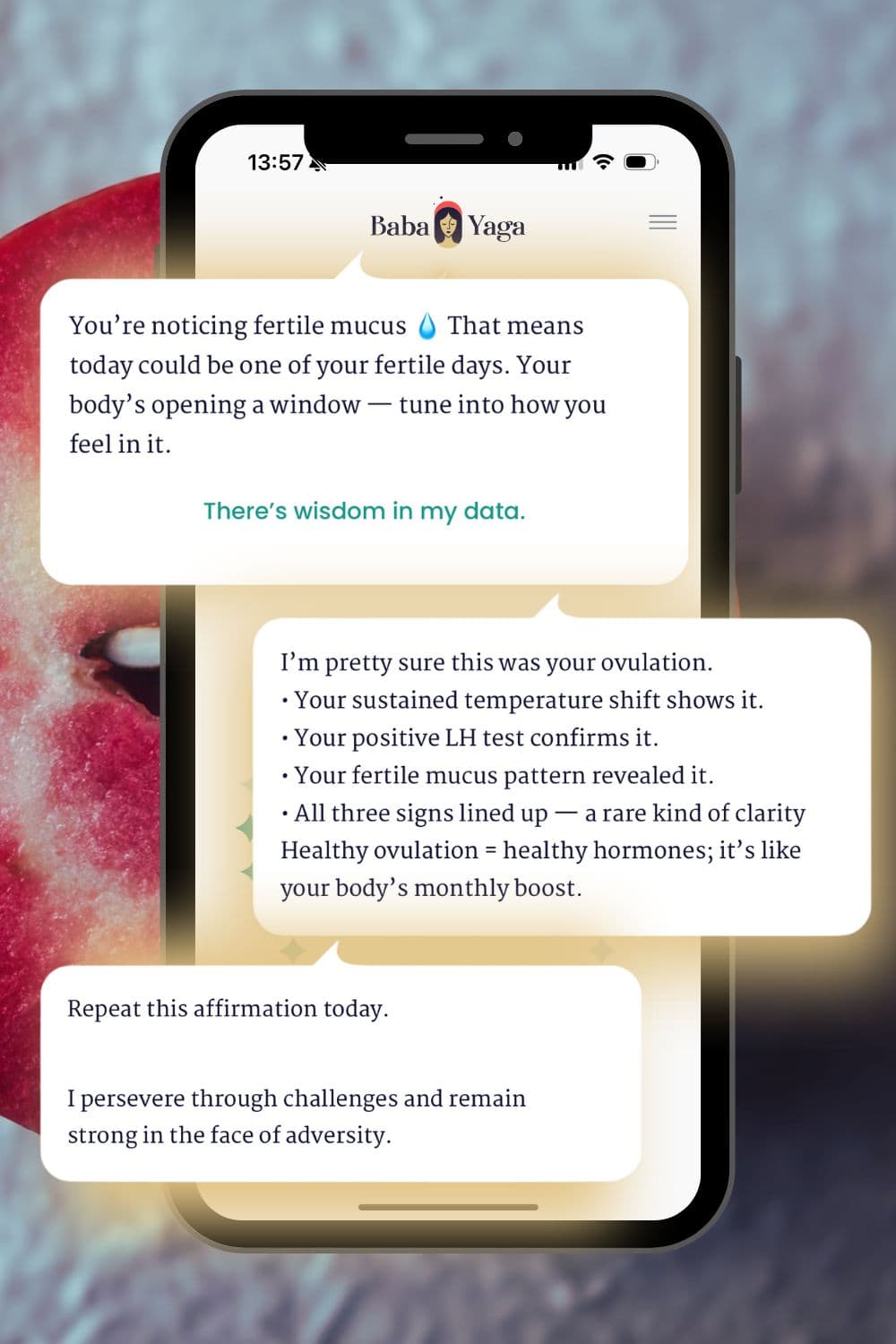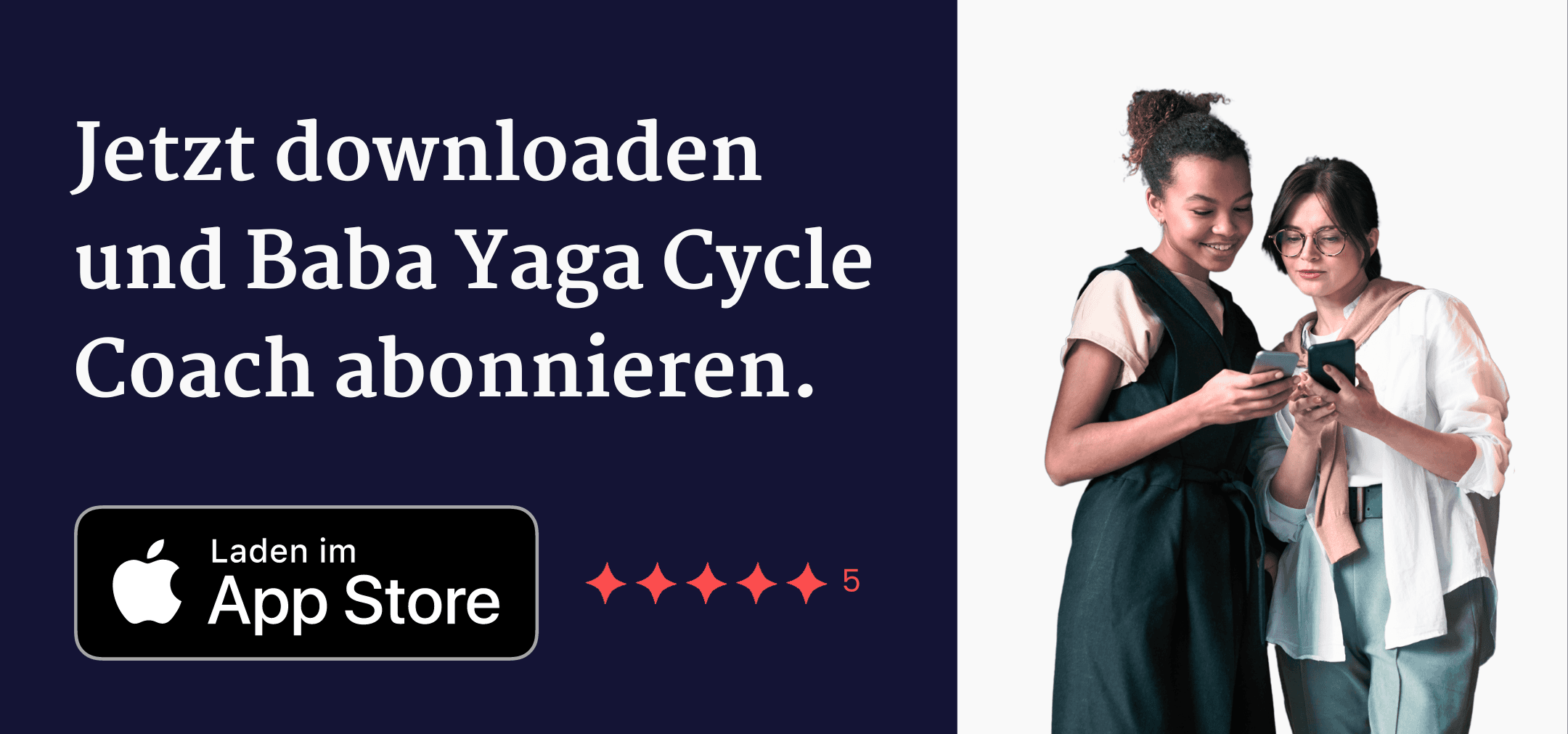
Apps, algorithms, and agency
No app can predict ovulation — biology doesn't work that way. But algorithms can help us recognize it after it has happened, if they follow real Fertility Awareness principles. In this founder's commentary, I unpack the common myth of “predictive” ovulation (used by way too many apps on the App Store…), explain how only some fertility awareness apps can support true body literacy, and share why Baba Yaga was built to return agency to you, not take it away.
Jump to:
The trouble with tech-bro femtech. How biohacking culture and data extraction distort empowerment..
What an algorithm actually does. Understanding retrospective rules and how apps interpret ovulation.
Education is the real technology. Reclaiming learning as the foundation of body literacy.
Convenience isn’t the enemy. Integrating tools without surrendering intuition.
Why I built Baba Yaga. Designing algorithms that honor autonomy and privacy.
Agency over automation. Redefining trust between user, body, and tool.
Closing reflections. Choosing technology that serves integrity, not control.
When I first began learning about Fertility Awareness, one of my teachers told me she didn't trust the algorithms used by period apps. I understood what she meant. Most of them were designed by VC-backed engineers, not educators, and the marketing promises an impossible precision that no one's body can live up to. Ovulation, after all, is not a formula.
Still, “algorithm” is just a word for a set of rules — and rules aren't inherently dangerous. They can be oppressive when written without us in mind, but they can also help us understand patterns when designed with care. What matters is who writes the rules, what they are based on, and whether they serve understanding or control.
In the decade since I started tracking my cycle, the world of femtech has exploded. Apps now promise to “optimize” fertility, monitor hormones overnight, and even “biohack” menstrual performance. Some invite you to insert Bluetooth thermometers into your vagina or sleep beside devices that track your basal temperature.
The language of empowerment has been borrowed and repackaged to sell us back our own biology. Data is extracted, resold, or lost in server breaches. The promise of convenience becomes another version of outsourcing intuition.
This is not progress. It is surveillance wrapped in pink UX.Yet rejecting technology altogether also misses something essential. For many people, the structure of a well-designed app helps sustain the practice of observation. It's a companion, not a dictator. The key lies in the design philosophy behind it.
“
This is not progress. It is surveillance wrapped in pink UX.
”
An algorithm cannot tell the future; it interprets the data you give it. But most popular apps do something else entirely: they predict fertile days based on averages from previous cycles, from research datasets, or from other users. That kind of algorithm assumes that your body is a static equation.
A real fertility awareness algorithm doesn't assume. It observes.
At Baba Yaga, we designed our system to identify ovulation after it has happened, not to guess when it might occur. It works with your recorded basal body temperature and cervical mucus observations — the two time-tested markers of the Fertility Awareness Method. When those patterns align, the app confirms ovulation retrospectively. This is the same principle that fertility educators teach by hand, expressed through transparent digital logic.

The goal is not to replace your knowledge but to reinforce it. You still learn to read the signs; the app simply helps you see them in context.
The most powerful device you will ever use for cycle tracking is your own attention. Understanding how to observe temperature shifts, cervical changes, and energy fluctuations creates a literacy that no app can automate. But not everyone begins with that fluency.
When technology is built to teach, rather than to replace, it becomes part of the educational process. A good app doesn't just predict or even command. It helps you reflect. It reminds you to track. It supports consistency and clarity so that your data becomes a mirror for your lived experience.
This is why the Baba Yaga Cycle Coach includes educational content alongside its tracking features. The app doesn't ask you to surrender authority; it guides you toward understanding what your own signs mean.

There is a persistent belief that true body literacy must be entirely analog — pen, paper, and no screens allowed. While I respect the devotion behind that stance, it excludes the realities of modern life. Many of us are juggling care work, neurodivergent rhythms, or demanding schedules. A digital reminder can be a lifeline, not a crutch.
Convenience becomes a problem only when it dulls our awareness. Used intentionally, it can instead sustain it. The balance is not between “tech” and “nature” but between dependence and discernment.
I created Baba Yaga Cycle Coach to hold both: the intelligence of science and the wisdom of embodiment. The app's ovulation logic is built on established Fertility Awareness principles — the same rules educators teach for manual charting. It uses your daily inputs, not averages from strangers.
The goal is not to monetize your cycle but to help you understand it. Every update we make — including our most recent refinement of the BBT and mucus algorithm — serves one purpose: to bring autonomy back to you, the user.
When people ask, Can I trust my period app? my answer is: it depends on whether that app trusts you.
Trustworthy tools are transparent. They tell you what they calculate, how they interpret your data, and what limits they have. They invite participation instead of passivity. They support the relationship between you and your body rather than inserting themselves between the two. And most of all, they do not sell your data without your knowledge.
That relationship is the foundation of true reproductive agency.Autonomy doesn't require rejecting every tool. It requires knowing how to choose the ones that serve your integrity. The next time you open a period tracker, ask not only what it tells you but also what it teaches you.
If it teaches you to read your body's language, to notice your own signs, to make informed choices — that is an algorithm worth trusting.
